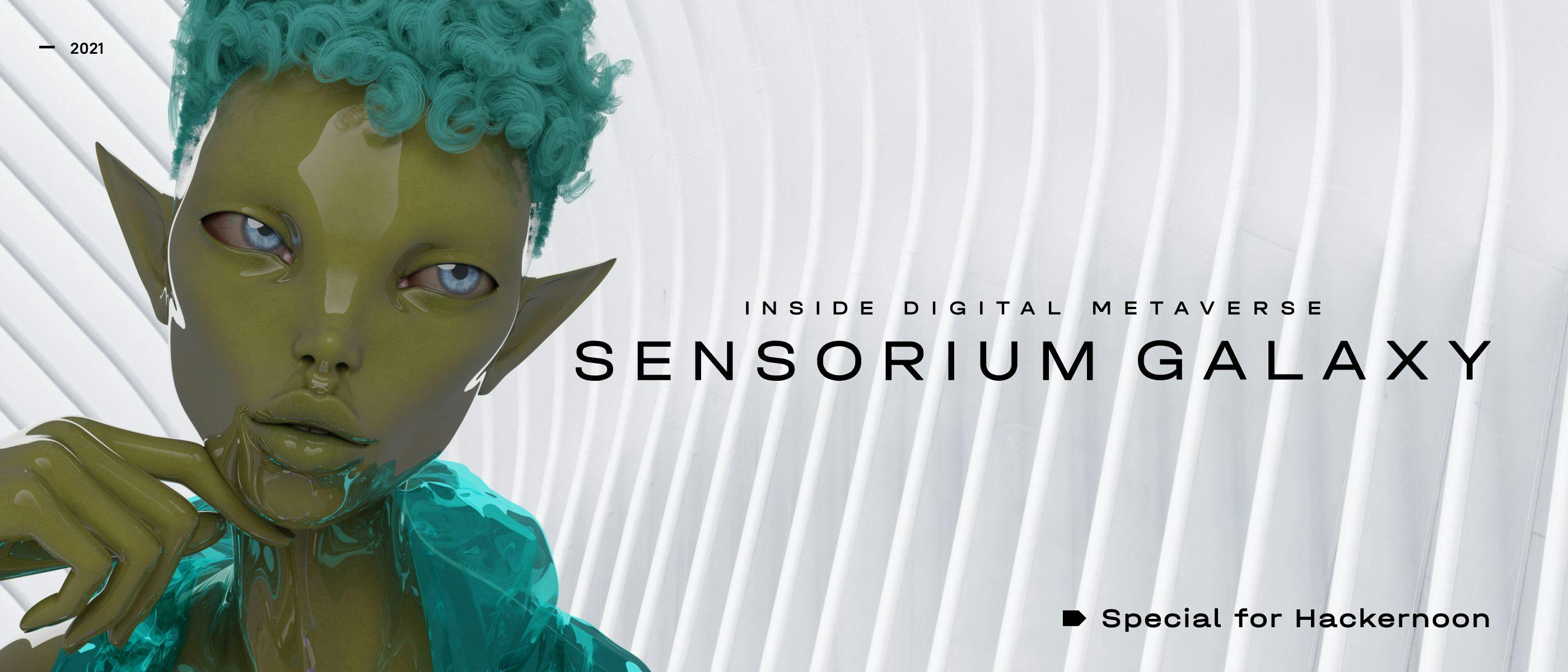640 reads
Inside the Sensorium Galaxy Metaverse
by
October 25th, 2021
Audio Presented by

Metaverse that revolutionizes the way people interact with each other and experience the arts with VR and blockchain
About Author
Metaverse that revolutionizes the way people interact with each other and experience the arts with VR and blockchain
